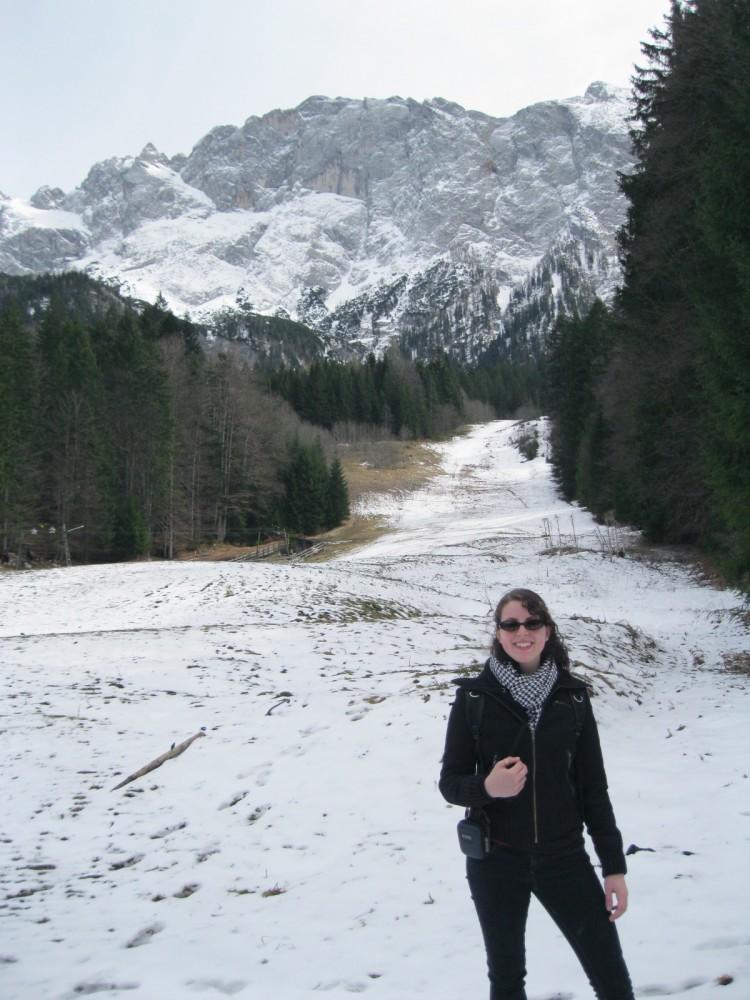Student chosen as DAAD young ambassador

Courtesy Photo / Nicole Summers Nicole Summers
Oct 24, 2010
Previous young ambassadors have come from the University of Michigan and Michigan State University, but Grand Valley State University boasts the first young ambassador from West Michigan.
Nicole Summers is one of 35 students from the U.S. and Canada selected as a Deutscher Akademischer Austauschbienst, or a German Academic Exchange Service young ambassador.
DAAD is a national agency that offers grants and scholarships for students interested in German higher education to study abroad students.
Professor Regina Smith nominated Summers, who spent the summer at Ludwig-Maximilians-Universitat Munchen assisting in a government-funded research project.
Young ambassadors give presentations and talk to students about studying abroad. However, they are not restricted to serving their universities, Summers said. They can also schedule presentations at other universities.
“It is good for students to hear about study abroad from their peers, someone who has experienced this before,” Smith said.
As a psychology and German double major, Summers was not only interested in German culture and language, but also in research.
She worked with GVSU psychology professor Wolfgang Friedlmeier on various research projects, and he helped her locate a colleague of his in Germany, Professor Sabine Walper. At Ludwig-Maximilians-Universitat Munchen, one of the top research universities in Germany, Summers worked with Walper’s research team on a project to change child custody laws.
Summers said more children are being born outside of marriages. Thirty percent of children in Munich and 40 percent of children in Berlin have unmarried parents.
“People are not as traditional as they used to be,” she said.
The mother has custody of the child, and there are no laws directing the mother to share custody. She can give permission to the father to see the child, but she can take the child away, as well. Unmarried mothers also get more governmental support, including more days off from work.
Summers analyzed statistics, gathered literature and wrote reviews on the topic. Before she left Germany, the results were sent to the government to decide what action to take.
Summers said researching in Germany is different from researching at GVSU as German students spend more time researching in large chunks while Americans spread the research process out over time.
“I spent eight hours in a lab coding statistics,” she said. “I was required to contribute a lot more.”
Friedlmeier said professors hold a higher position in Germany. They have assistants and doctoral students to manage different aspects of the research process. Summers saw Walper seldom but had an established chain of communication. At GVSU, professors work closely with students on a “face-to-face basis.”
Summers said she hopes through her position to inspire students to embrace learning German culture and language.
She added it was a shock when she arrived. Stepping out into a big, strange city, she had to learn how to move around in her daily routines. She did not know where to purchase daily necessities because Germany does not have a Meijer down the road, she said.
“There is so much you learn from the social language and the culture that you do not get in the classroom,” Smith said.























